Agriculture is the main economic sector of Vietnam, making an important contribution to economic development and ensuring social security. Recently, agricultural tourism, especially the "farming experience" model, has been increasingly interested, because this is an opportunity for farmers to not only improve their income but also increase the value of agricultural products.
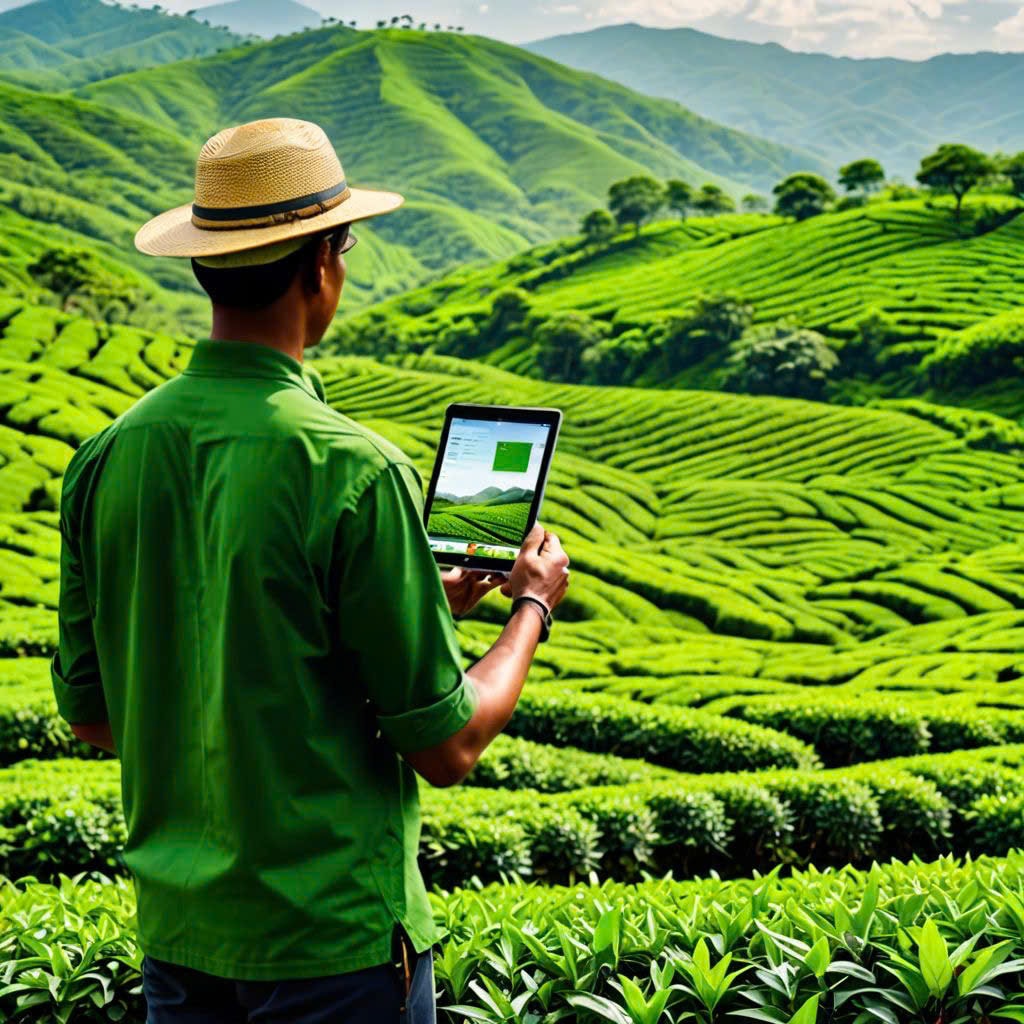
Although some legal regulations have paved the way for agricultural tourism, they are only general regulations, there is no official concept. Many farmers want the concepts of agricultural tourism and agricultural experience tourism to be included in legal documents to attract people, cooperatives and businesses to participate in developing sustainable agricultural tourism.
Agricultural tourism is no longer strange
Agritourism is a new and promising direction for Vietnamese farmers to escape from their complete dependence on traditional agricultural production. However, for this model to develop strongly and sustainably, strong support from state policies is needed. Policies to encourage the development of agritourism not only bring economic benefits to farmers but also contribute to the overall development of the rural economy, helping to maintain and develop the cultural identity of Vietnamese rural areas in the new era.
“In the policy of sustainable agricultural and rural development, there is the One Commune One Product (OCOP) Program. This program is one of the foundations to encourage people to develop community tourism and experiential tourism models combined with agriculture. However, we still need clear legal regulations on agricultural tourism and agricultural experiential tourism to facilitate access to capital and focus on investing in sustainable agriculture,” Ms. Le Thi Tinh, Head of the Organic Gardening Service Cooperative (Ha Nam) expressed her wish.
Although rural tourism and agricultural tourism are associated with rural areas, in reality, many agricultural tourism models have been developed in urban areas, near large cities. These models are not only activities of sightseeing and experiencing the countryside but also combine other factors such as participating in the agricultural production process, learning about modern agricultural techniques, or participating in cooking classes, processing food from clean agricultural products.
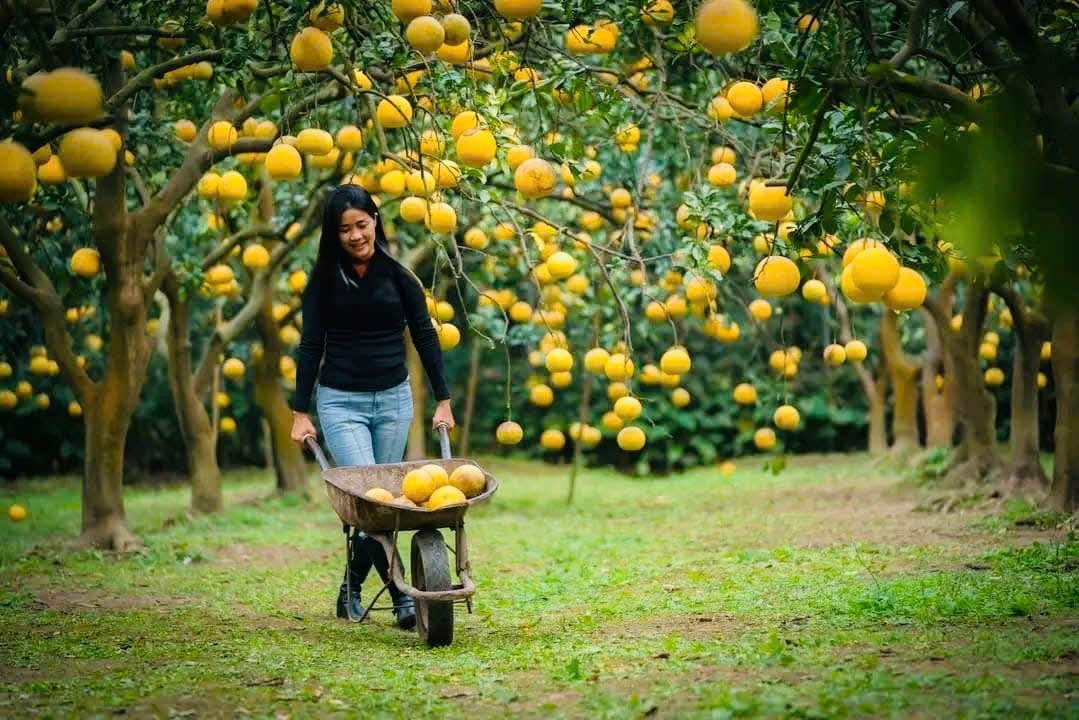
“In the suburbs of Hanoi, there are agricultural tourism models combined with fruit gardens and organic farms, creating experiential spaces for tourists. However, current legal regulations do not cover all types of agricultural tourism, especially in urban areas. The lack of a separate legal framework for agricultural tourism will make it difficult for farmers and localities to build sustainable development strategies,” said Mr. Pham Tuan Dung, owner of Dung Ninh grapefruit garden (Hanoi).
According to information from the Ministry of Agriculture and Rural Development, reports from some localities and businesses, the number of visitors participating in rural agricultural activities is increasing, the total income of rural people is from agricultural production only accounts for about 27%, while non-agricultural production and service activities account for 73%.
Agricultural tourism models with the direct participation of local people have created a rich and attractive tourism product, while bringing higher income to farmers, becoming a method of poverty reduction, aiming at sustainable and effective development in disadvantaged communities and rural areas across the country...
Need legal name
The 2017 Tourism Law mentions forms of tourism such as community tourism, cultural tourism and eco-tourism, however, agricultural tourism and agricultural experience tourism are not yet clearly defined in this document.
The 2024 Land Law has a number of new provisions that can create great opportunities for the development of agricultural tourism, especially in the conversion of land use purposes. Allowing flexible conversion of agricultural land to other purposes, including tourism, is an important step forward. However, for the conversion of land to serve sustainable tourism purposes to be effective, there must be specific regulations on agricultural tourism models and agricultural experience tourism. These regulations will help people, cooperatives and businesses easily understand and take the necessary steps to convert land, avoiding errors in the conversion process and developing tourism models.
Management agencies need to develop detailed regulations on environmental protection during the implementation of agricultural tourism projects, from pollution control, waste treatment to maintaining biodiversity in tourist areas. Tourism activities cannot be carried out arbitrarily, but must comply with the principles of protecting natural resources and the environment.
According to Dr. Dinh Tuan Ha, Director of the non-profit project OTA - enhancing the capacity of digital technology farmers, the model of agricultural tourism and agricultural experience tourism has been developing in localities, but in general, there is still a lack of a clear legal framework to manage and develop this model. Therefore, including these concepts in legal documents not only creates a basis for farmers to promote resources but also creates a legal foundation to help agencies monitor activities related to land use, environmental protection, and effective development of tourism combined with sustainable agricultural experiences.
Source: https://daidoanket.vn/du-lich-nong-nghiep-can-mot-cai-ten-10299622.html






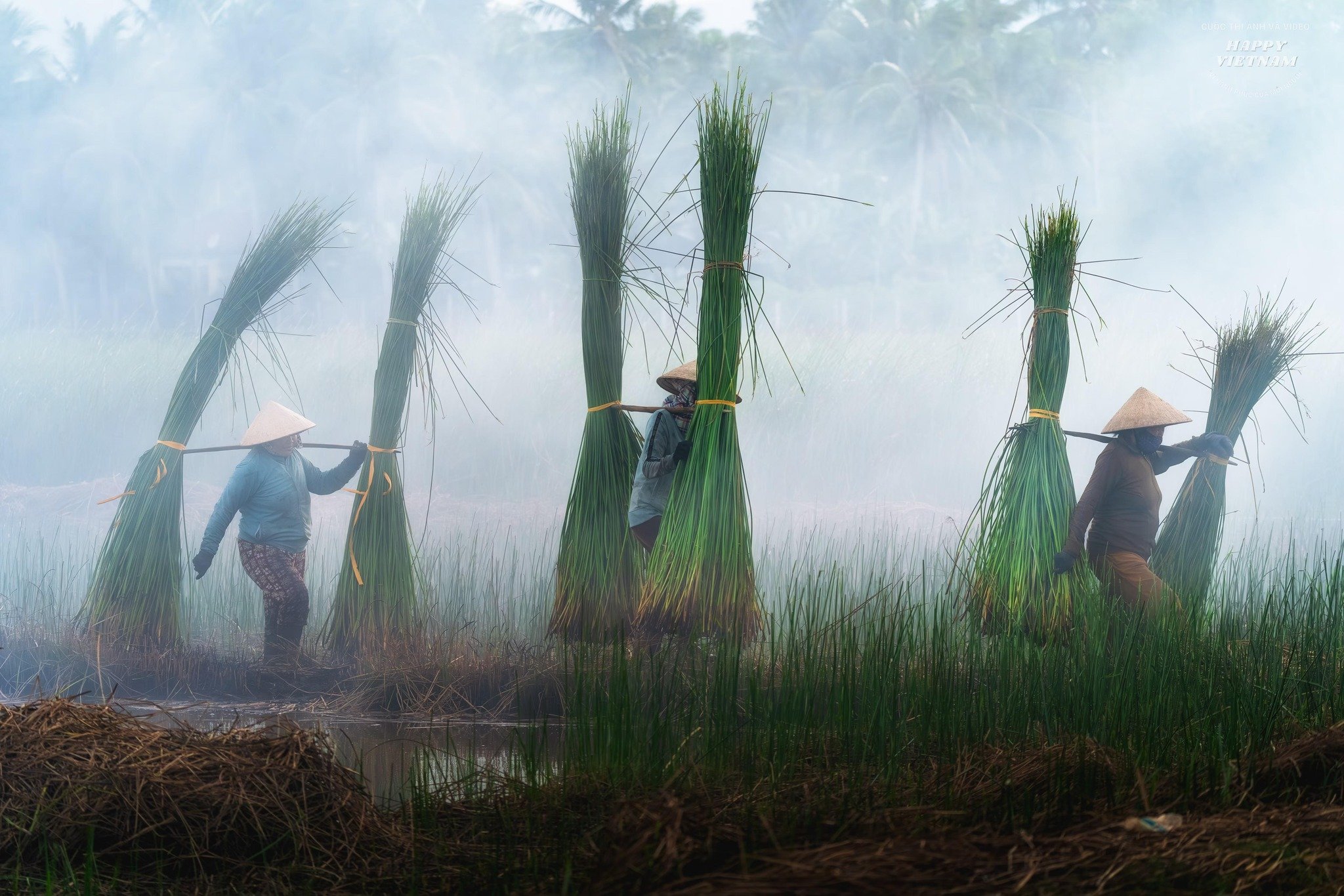

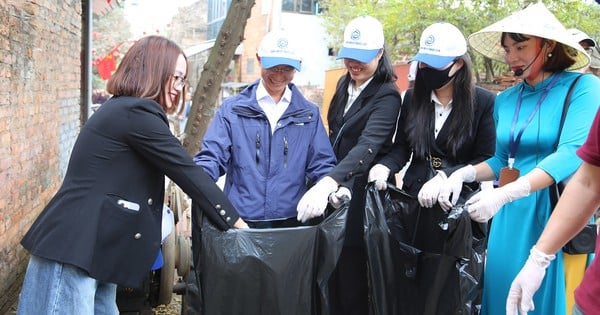

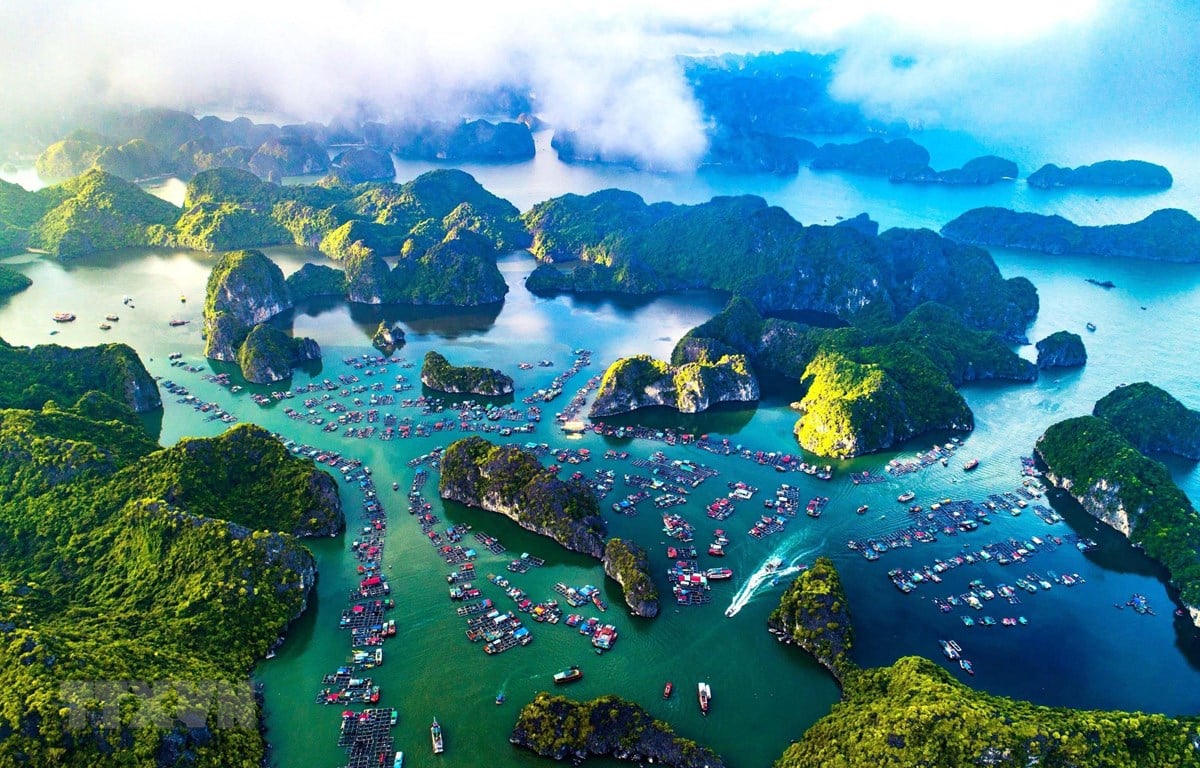

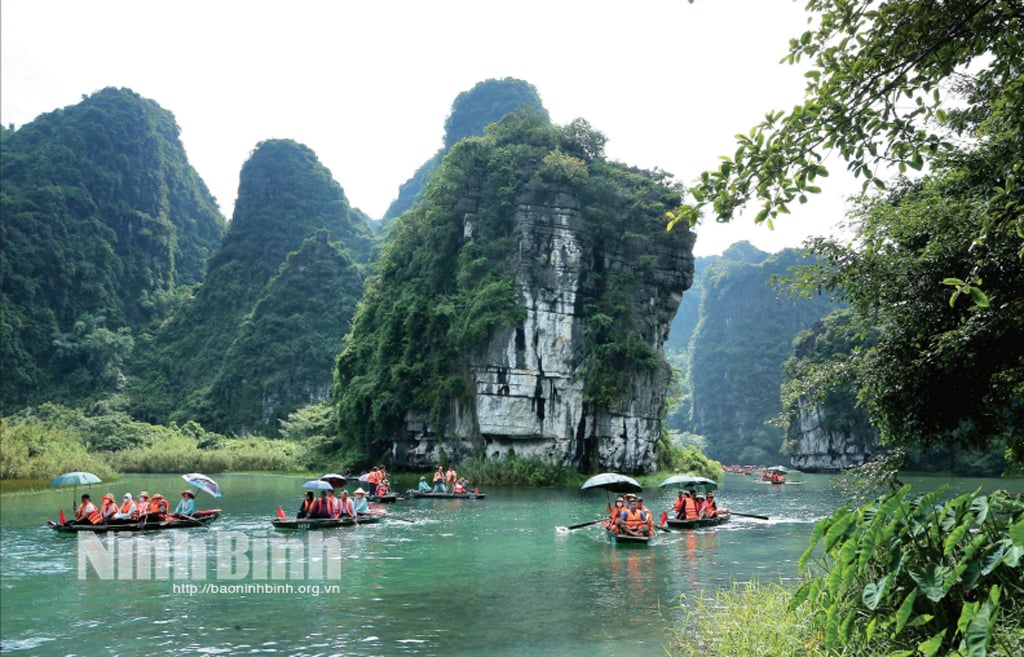

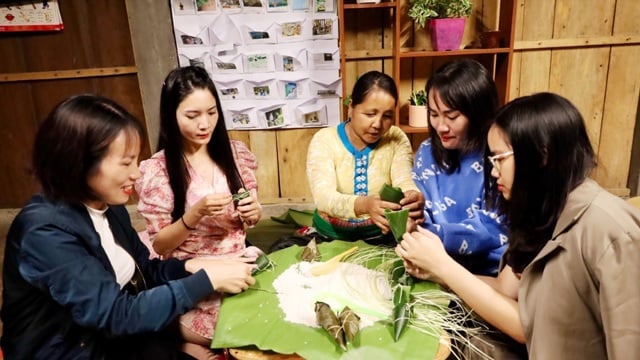

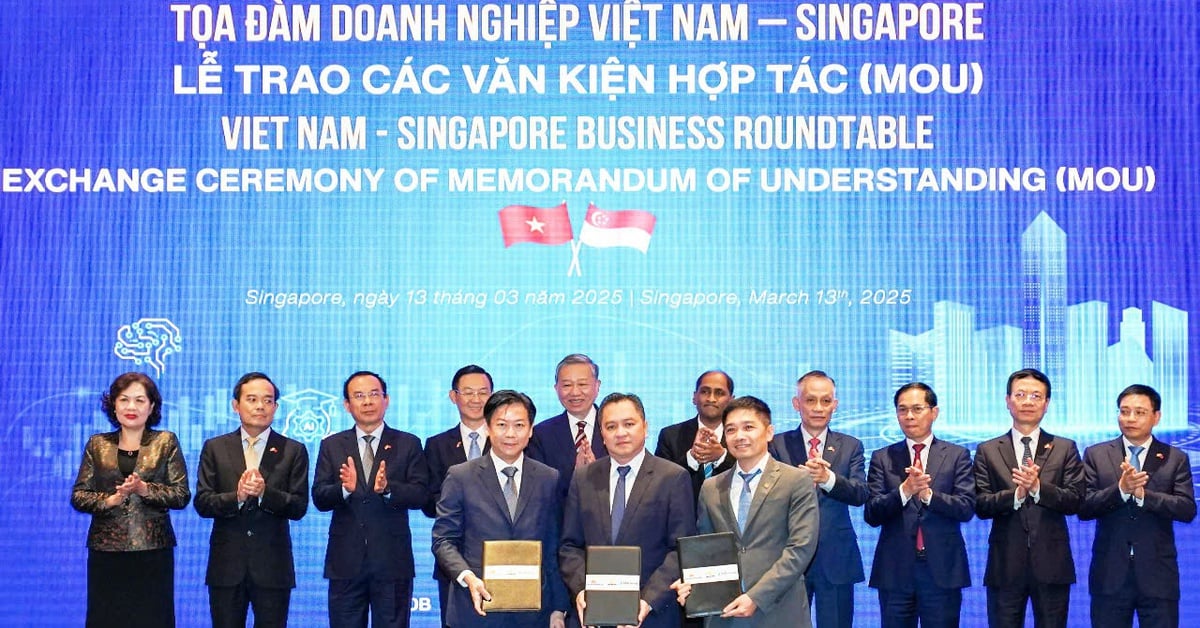

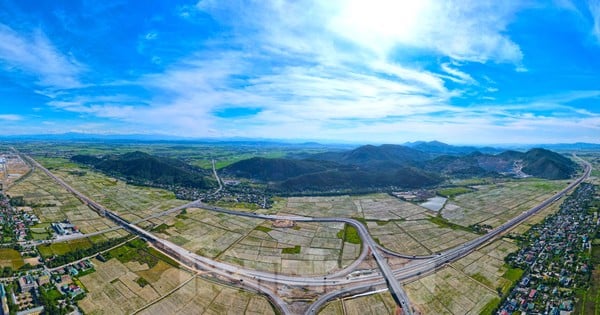



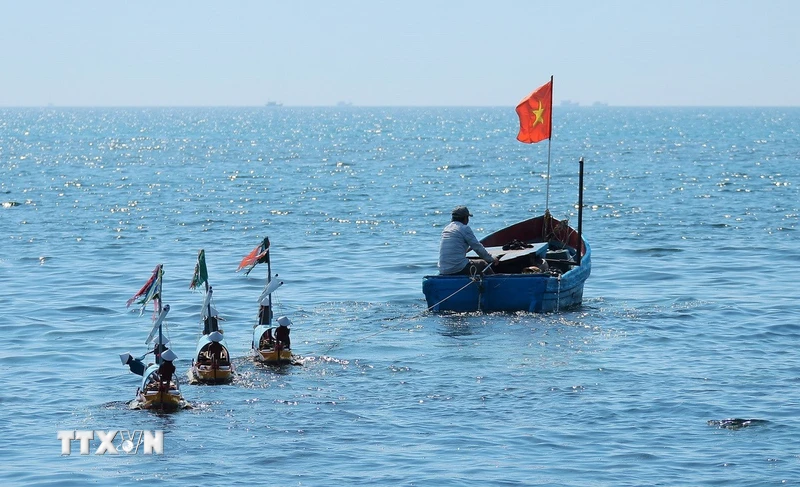

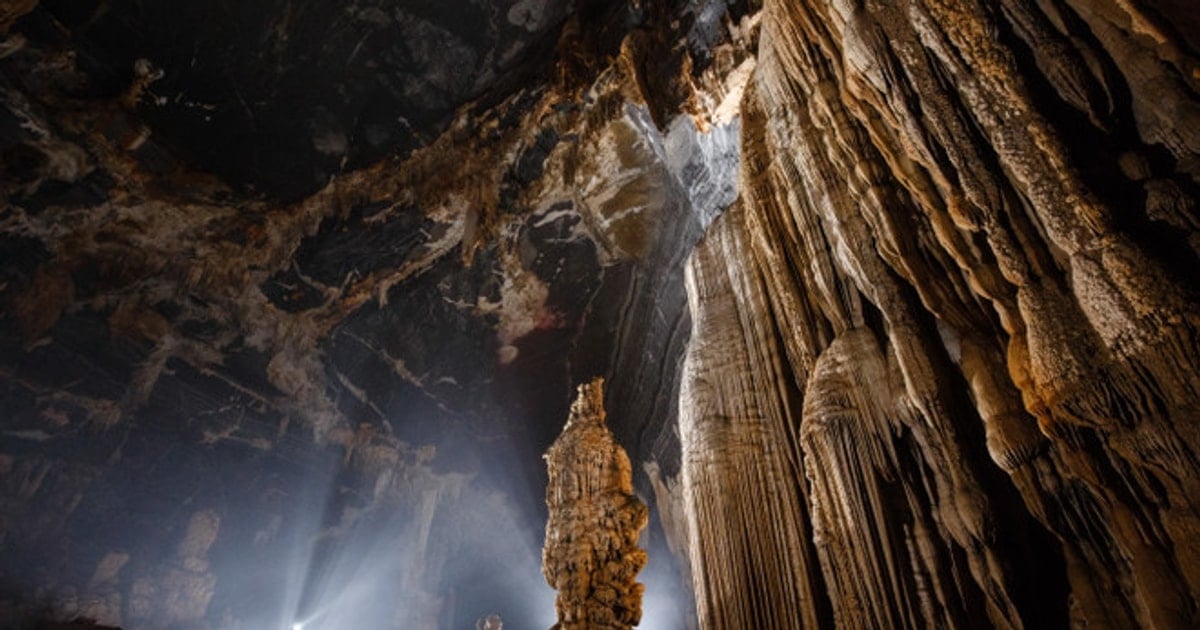
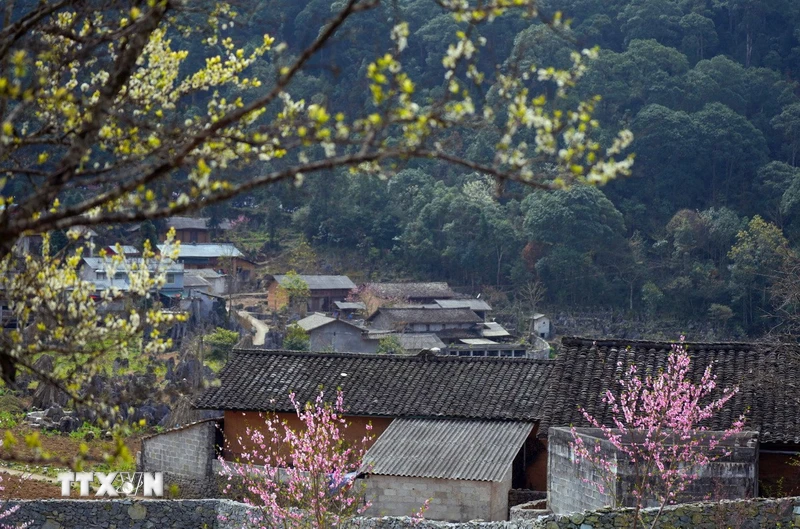
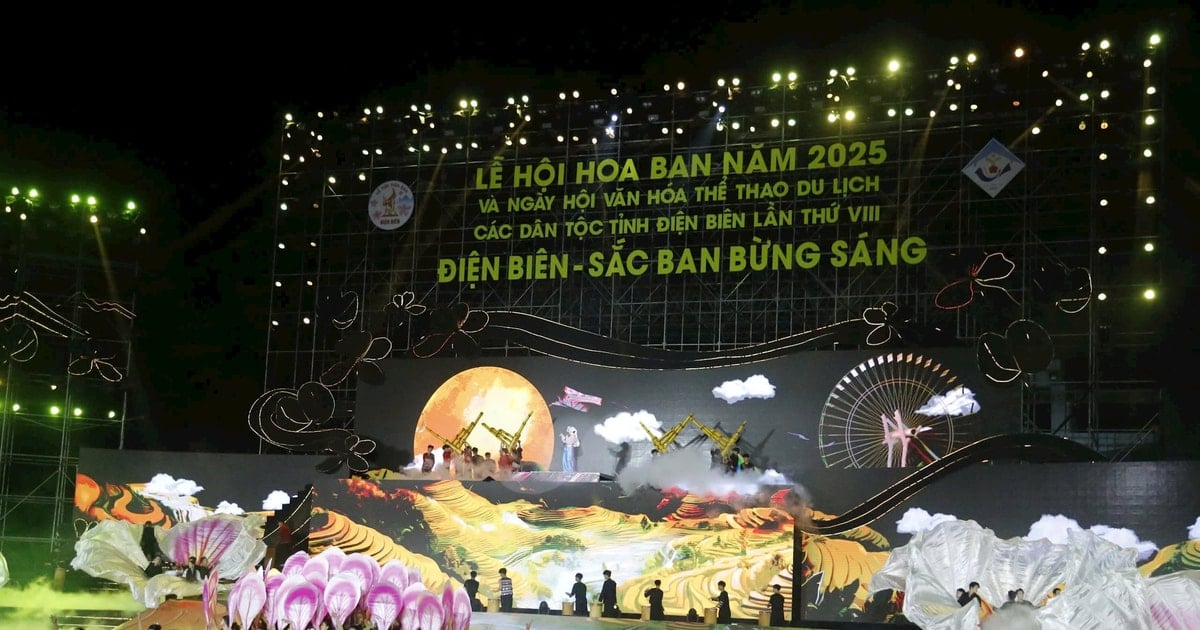
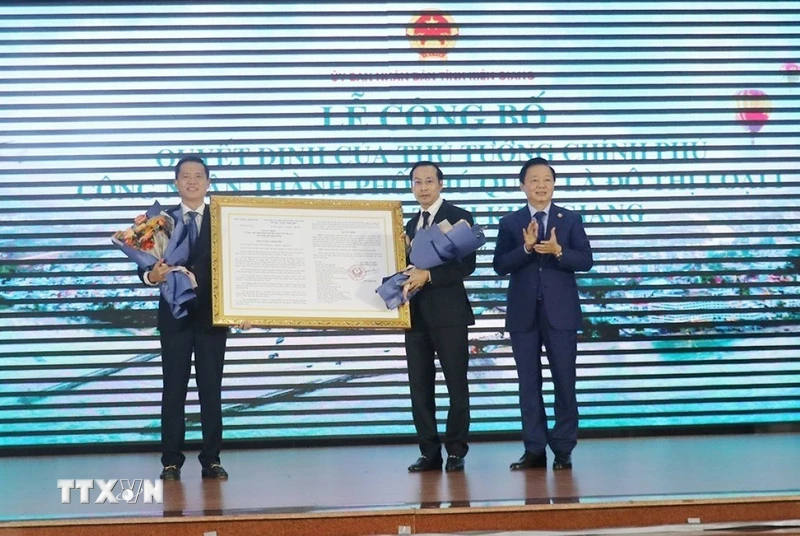


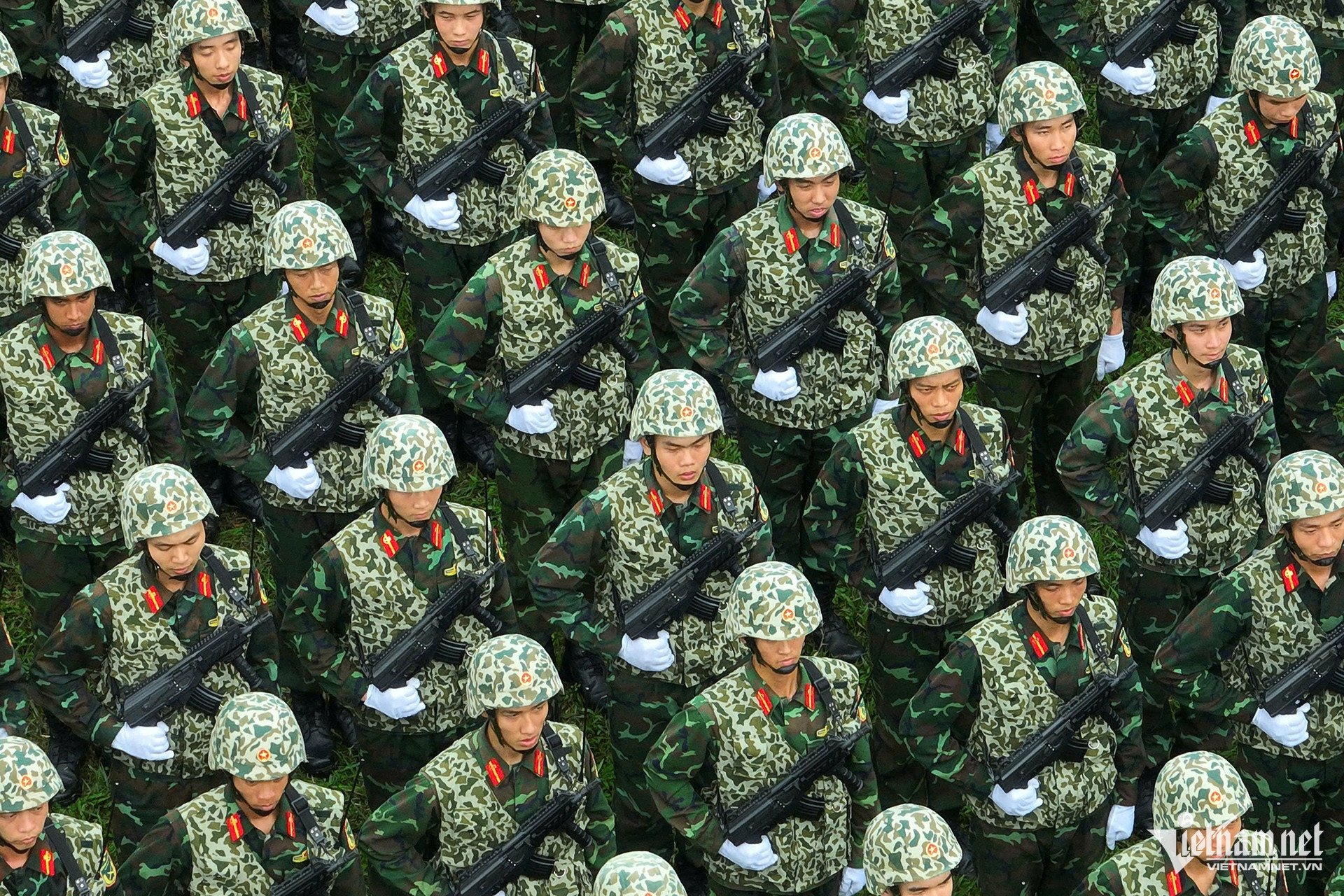
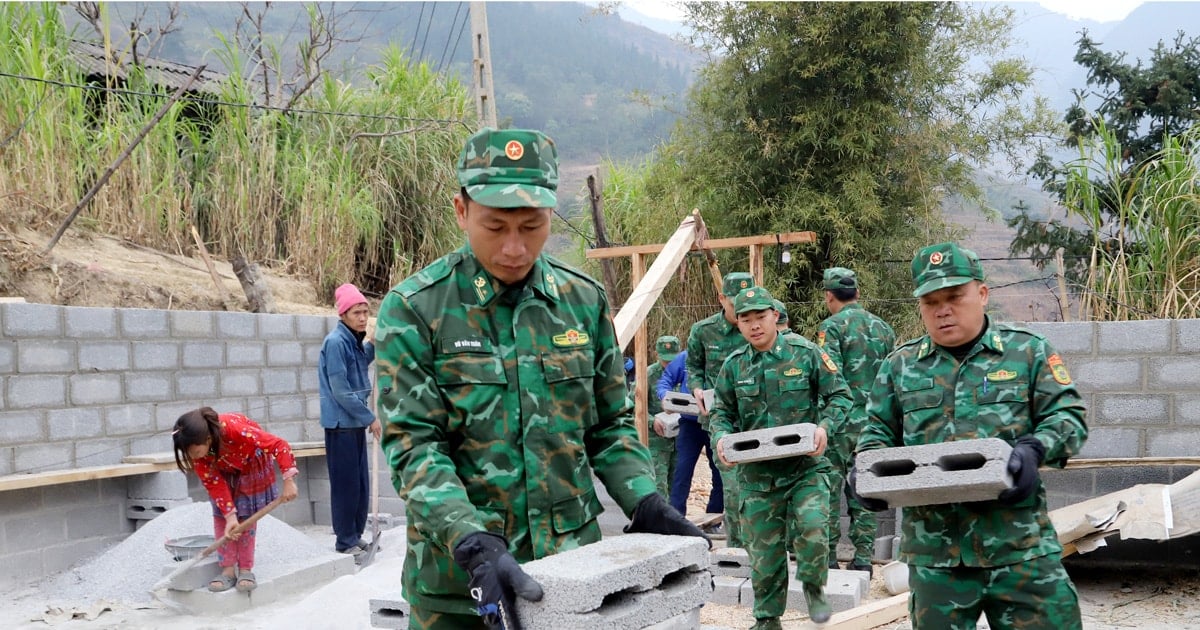
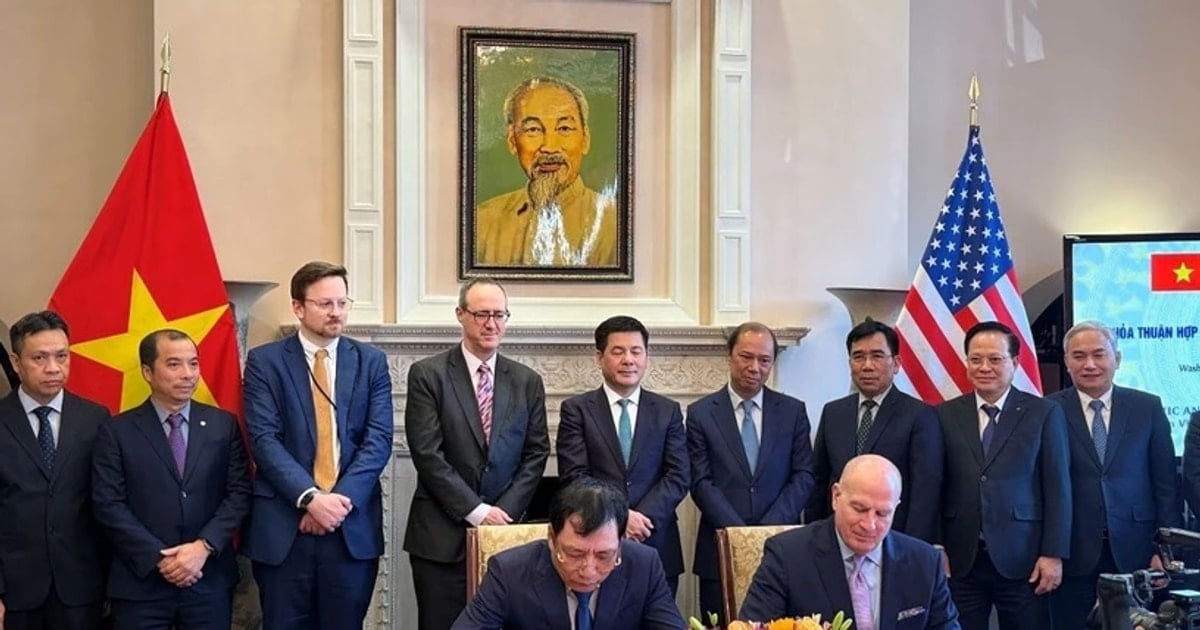


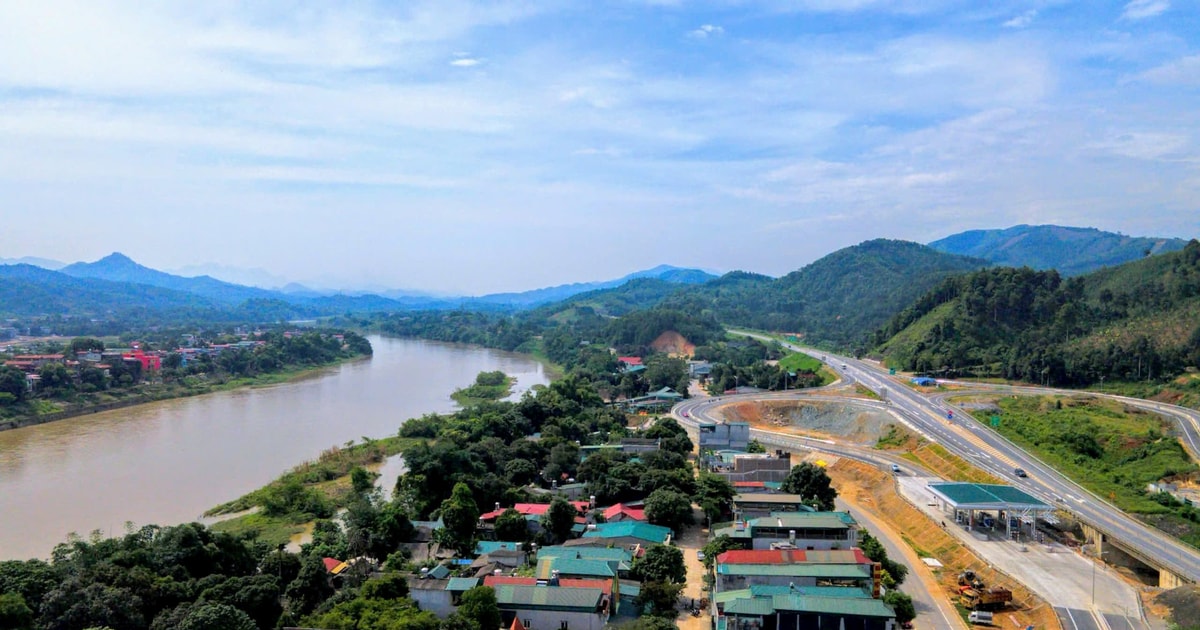
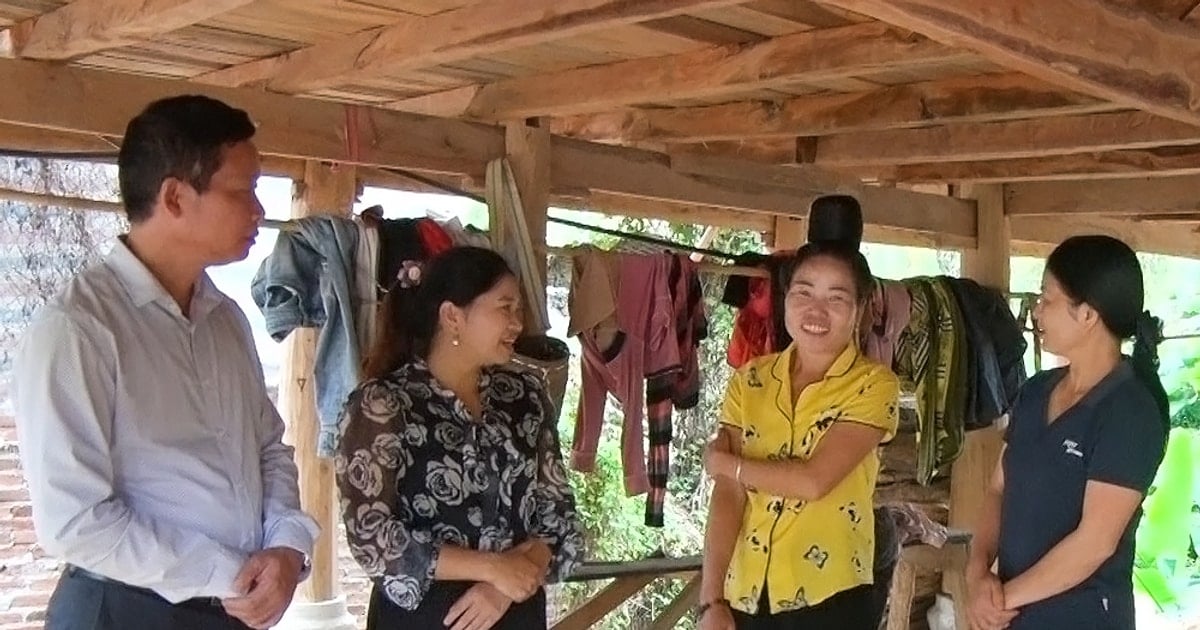


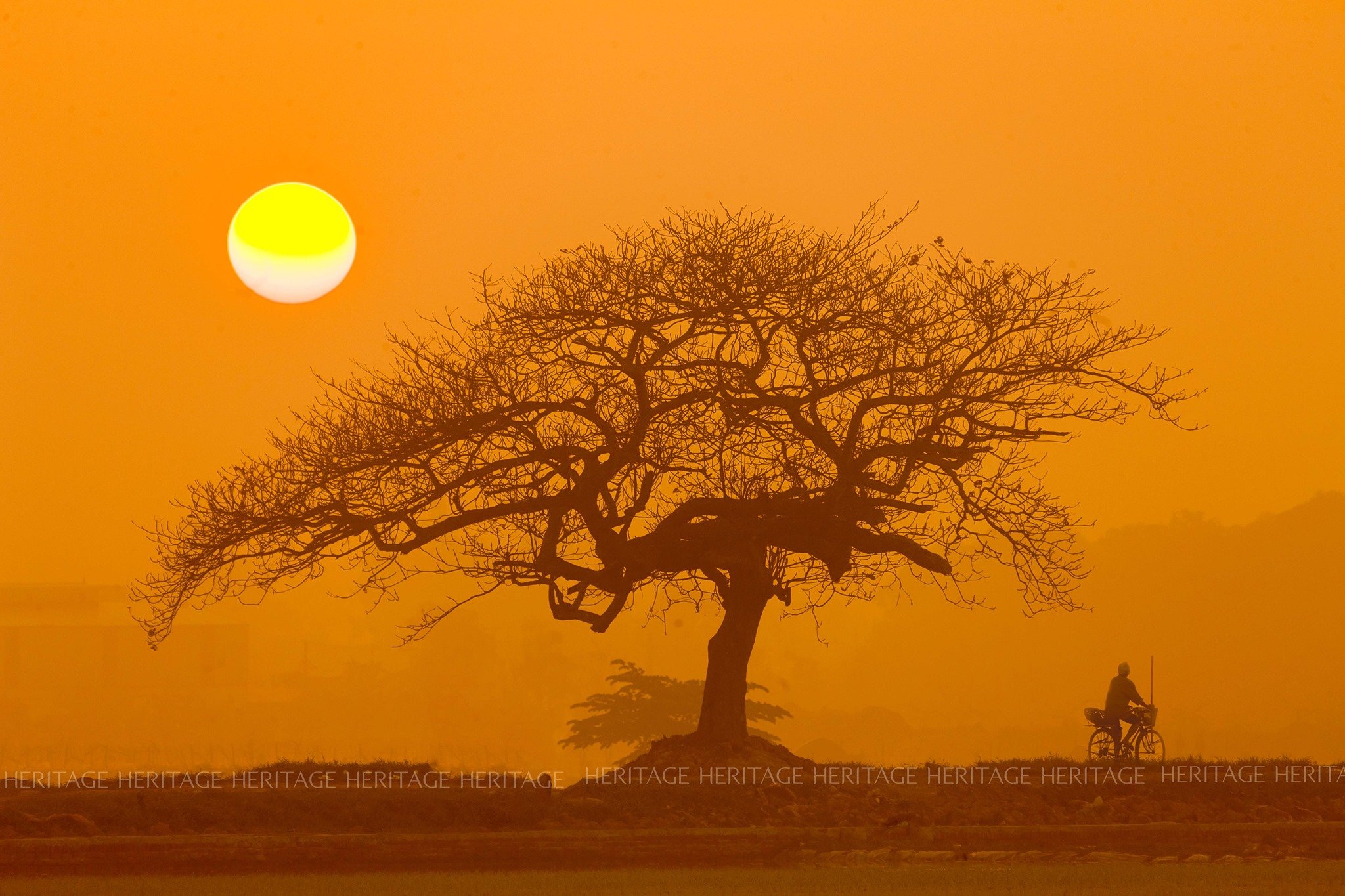








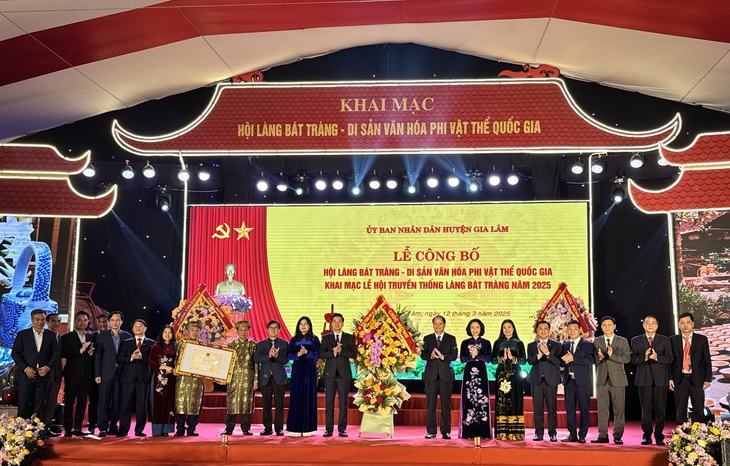
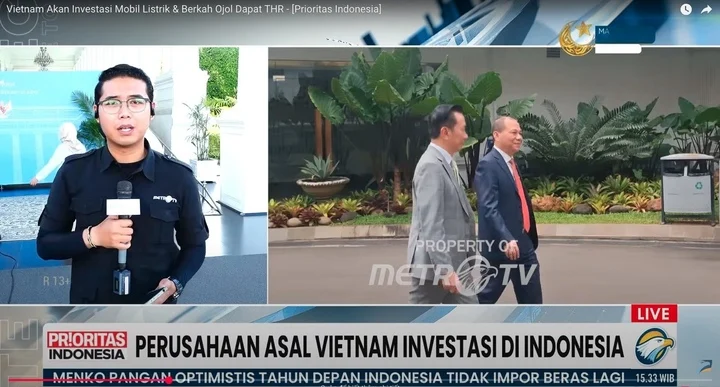

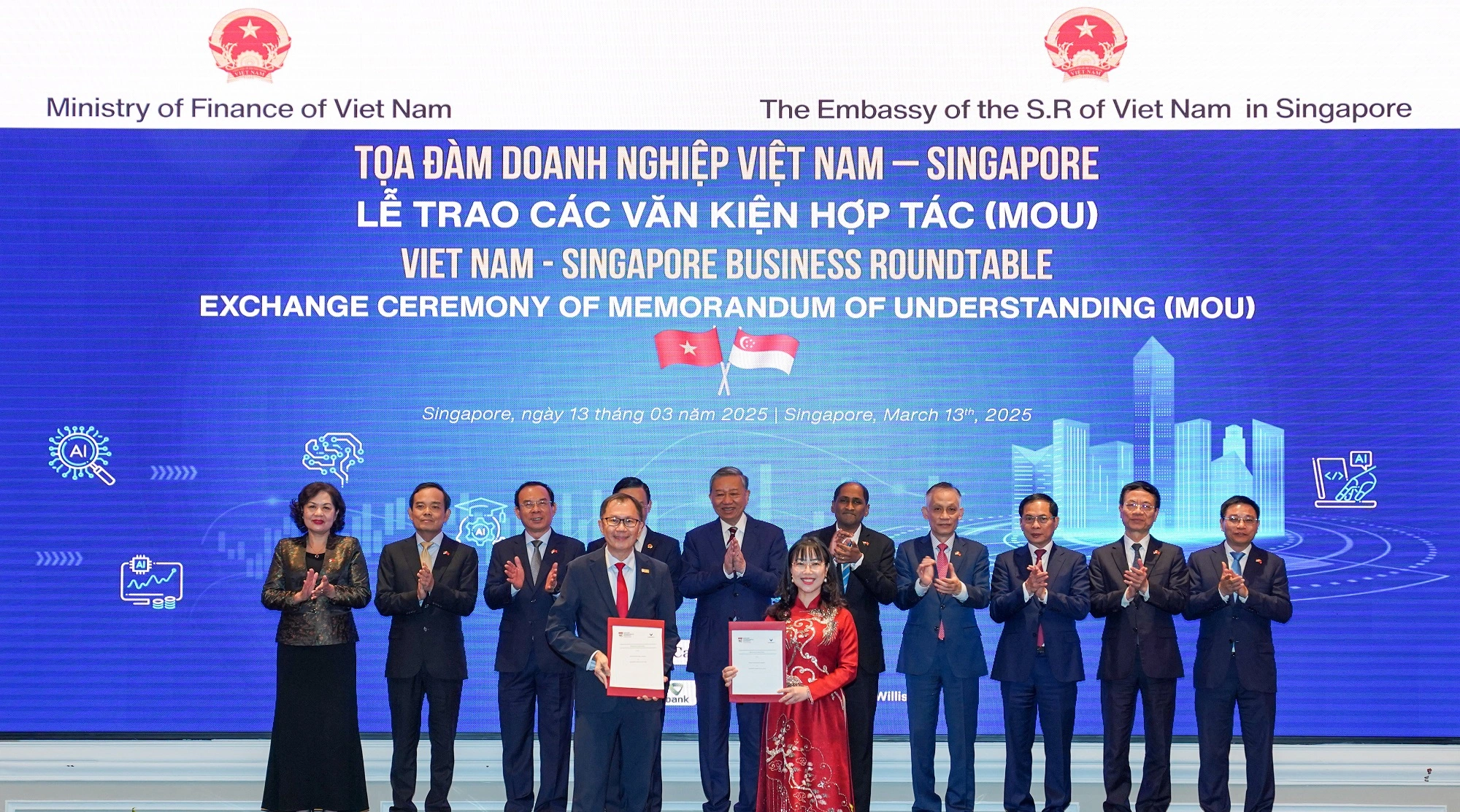

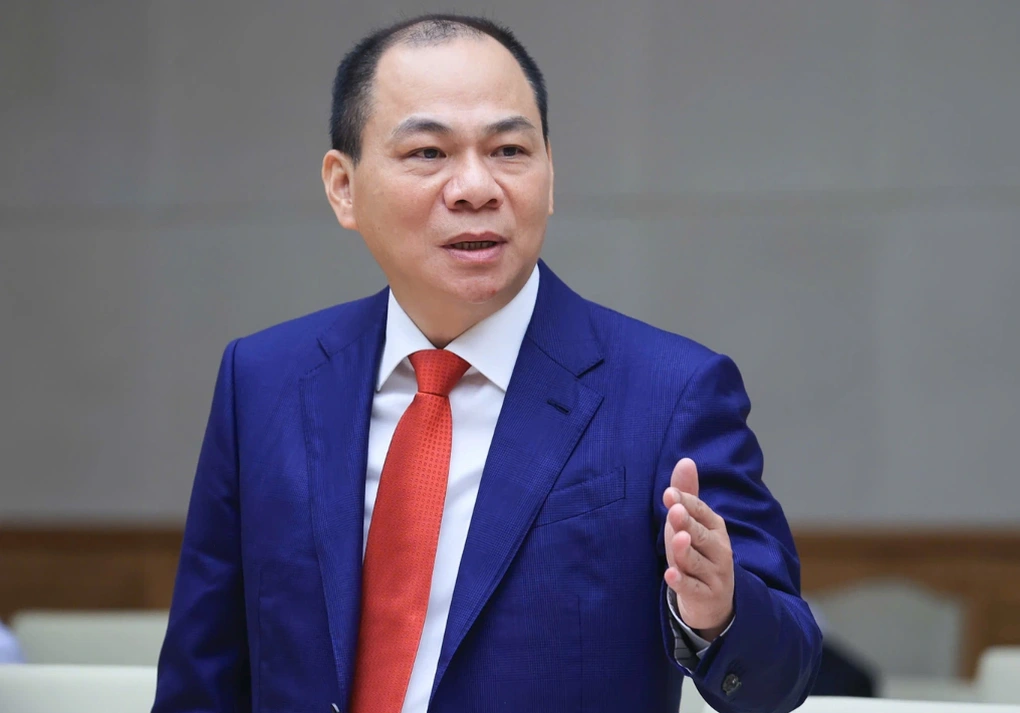


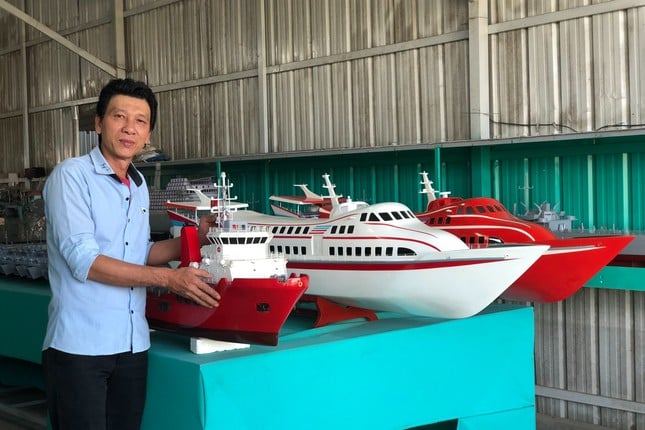
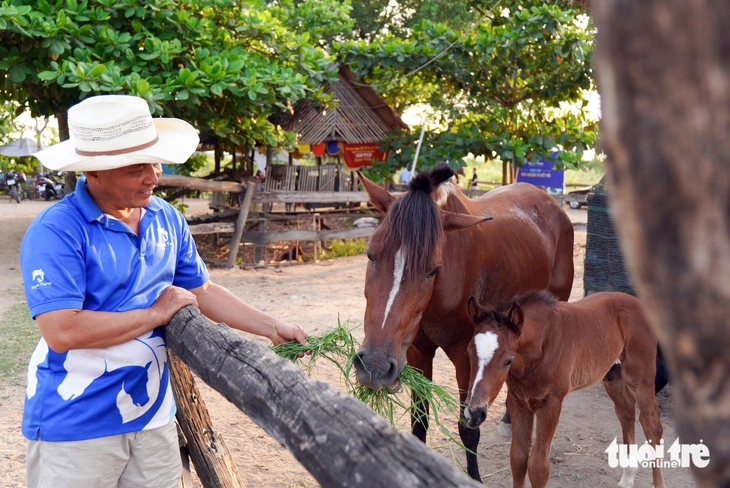
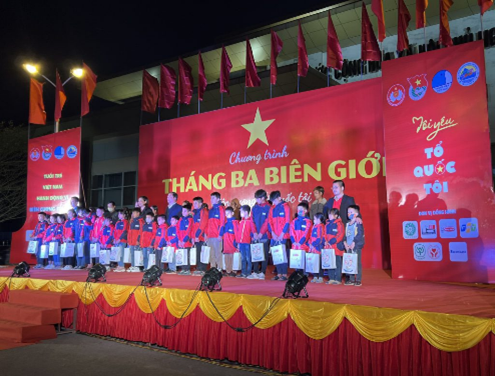

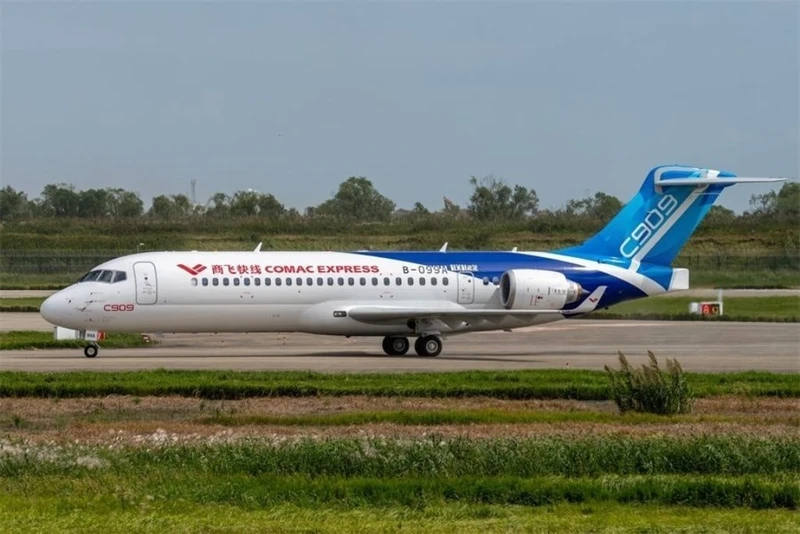

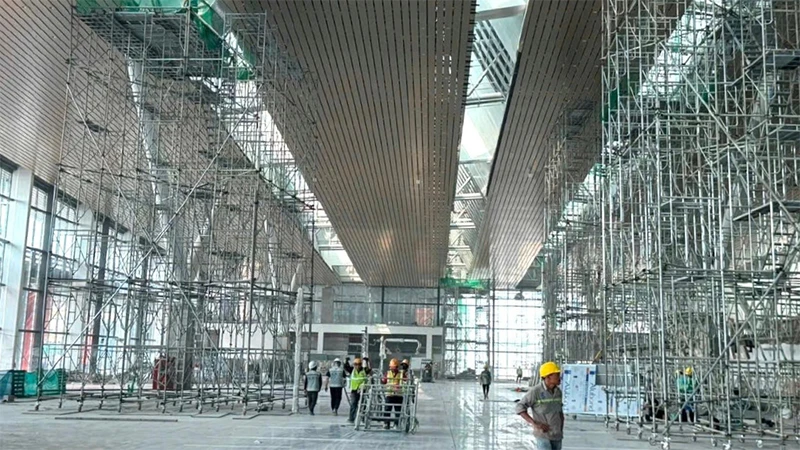
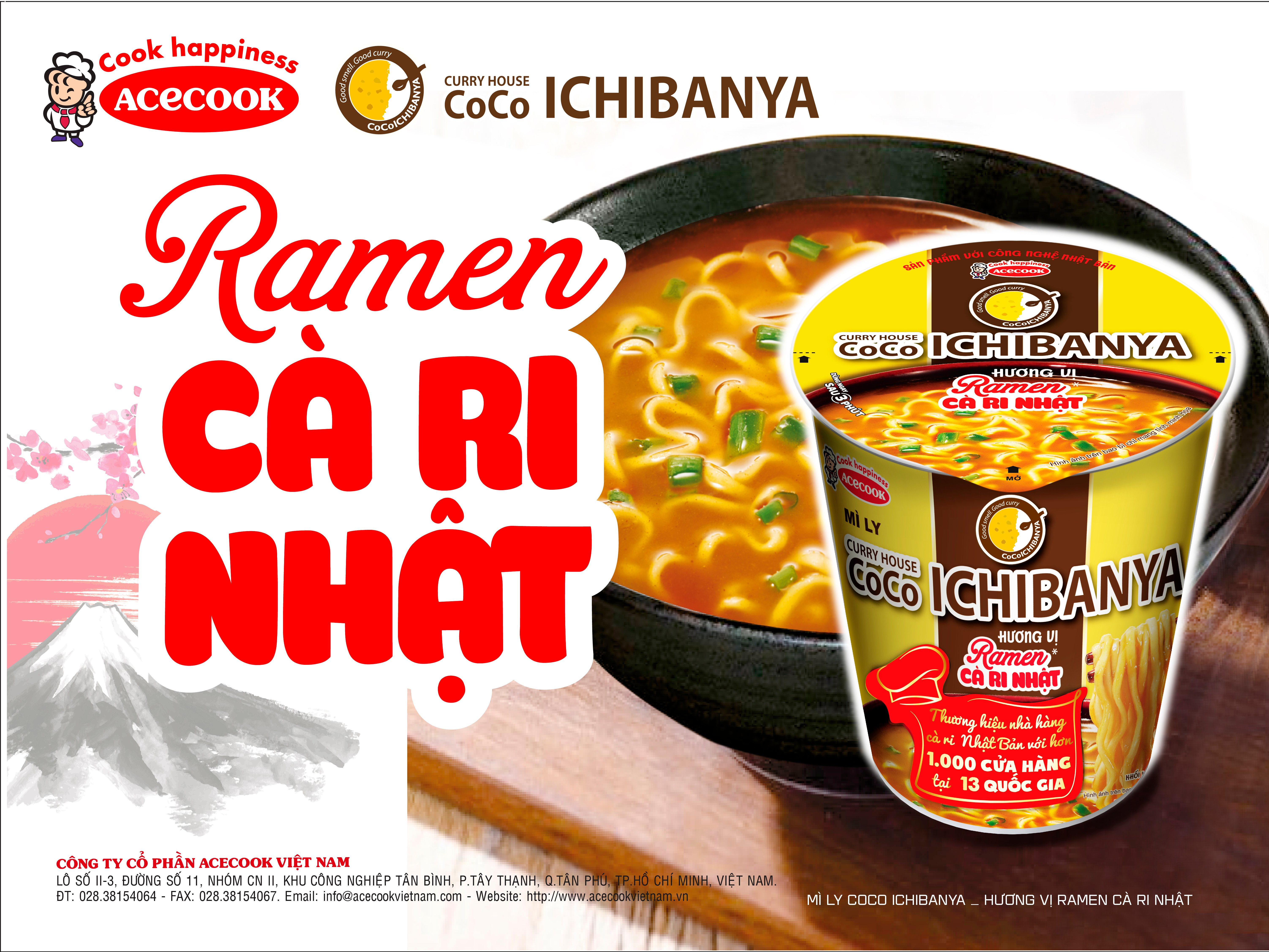


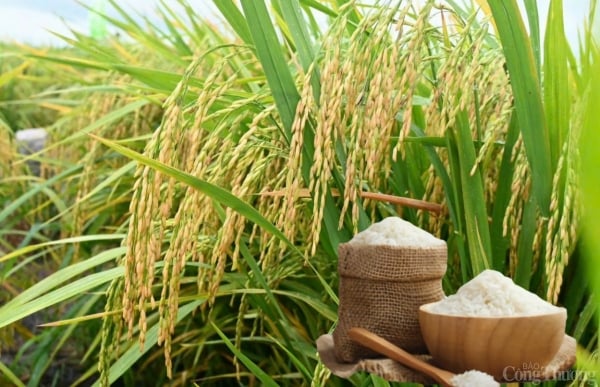



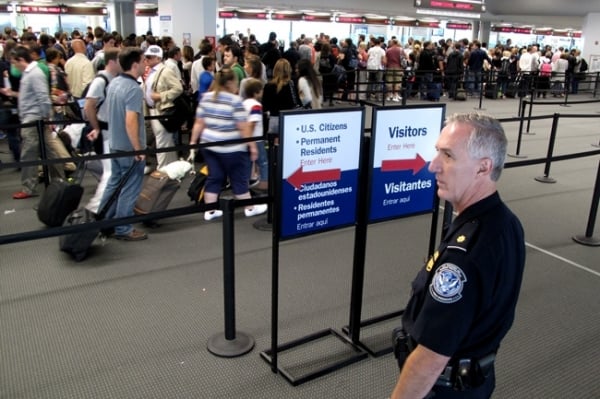


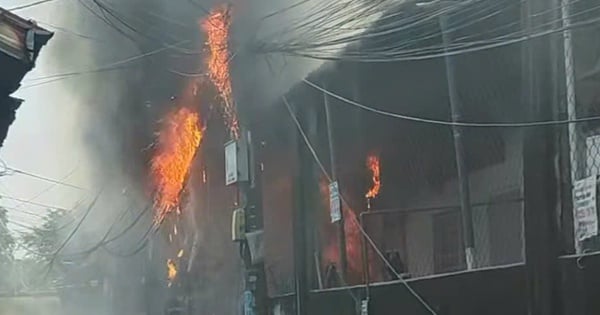



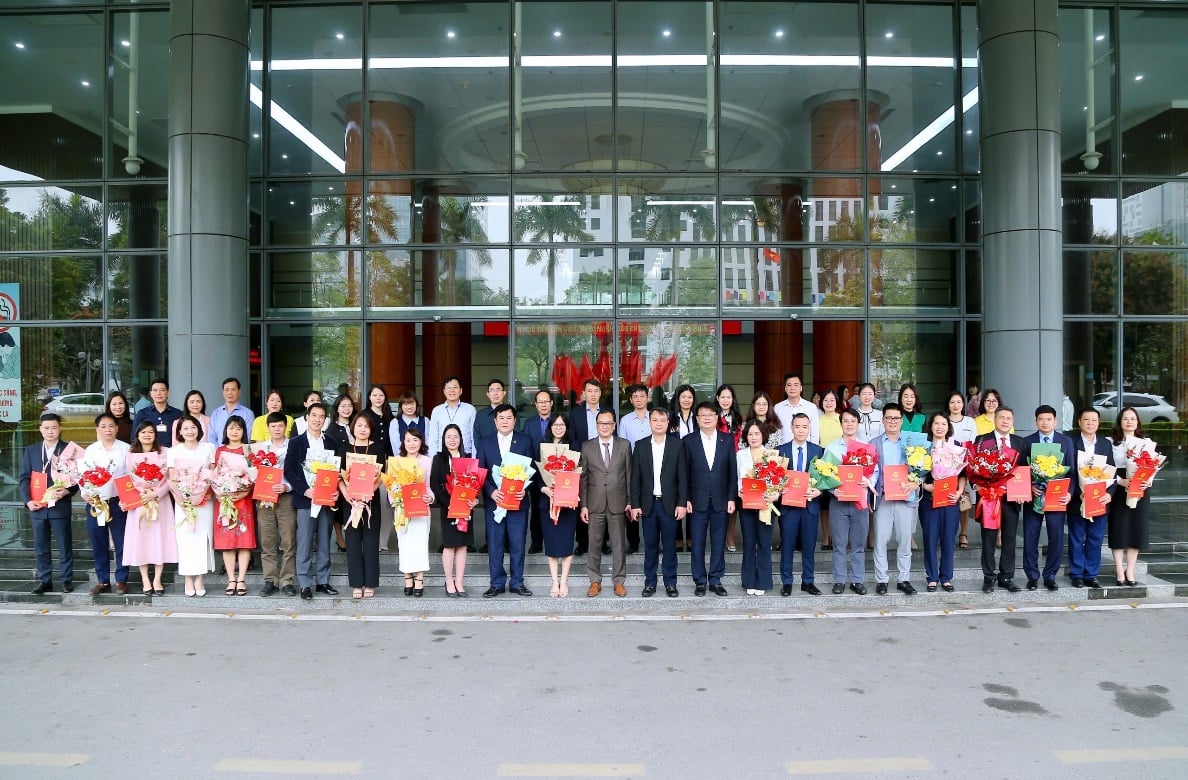


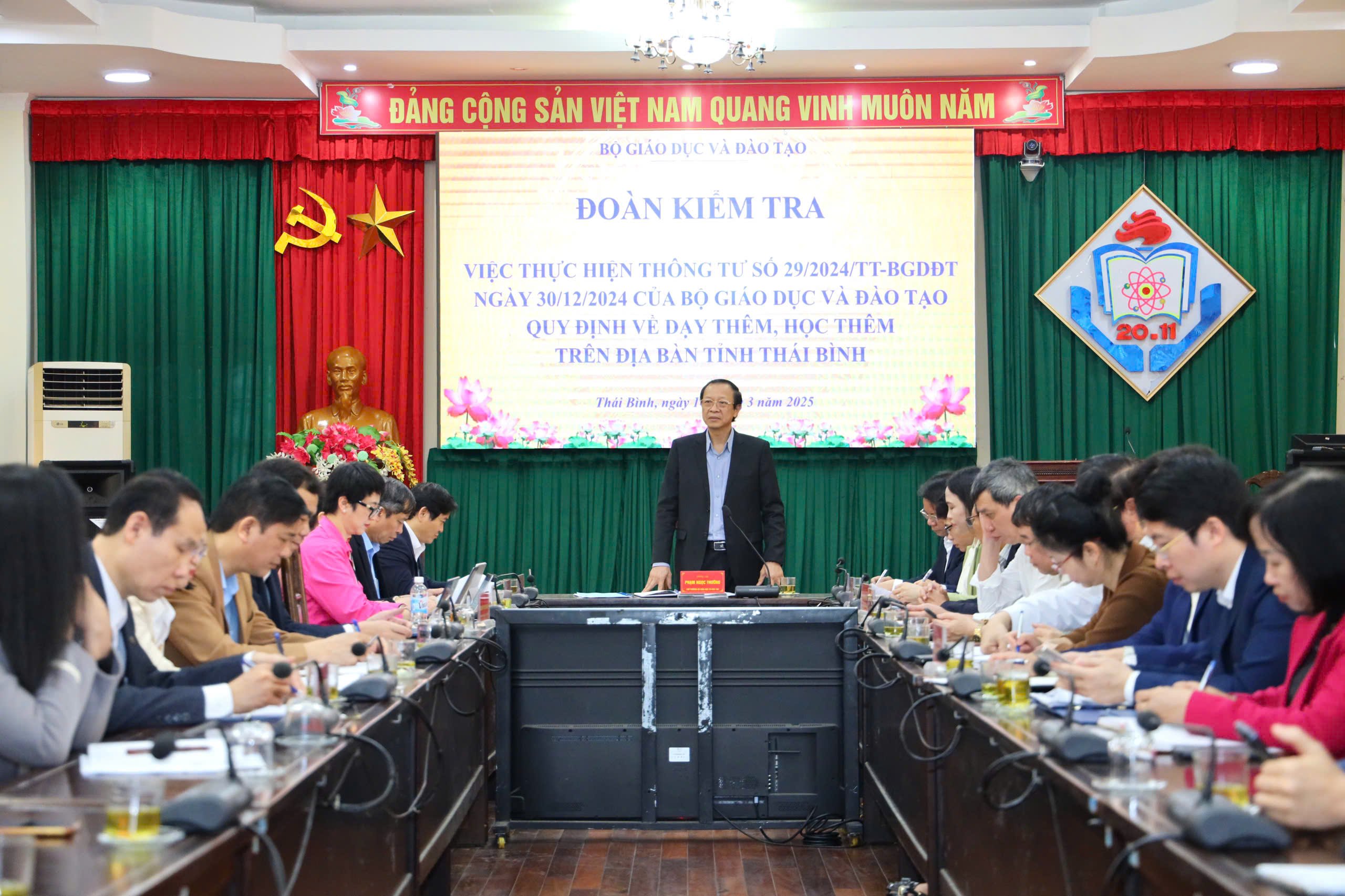

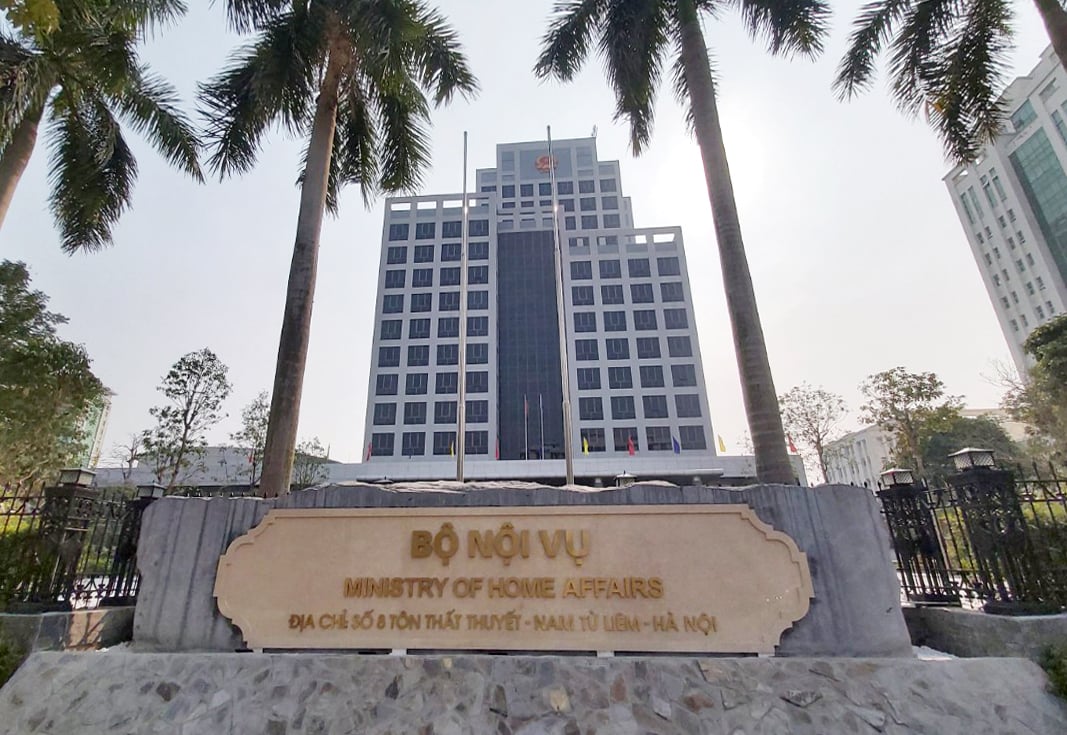

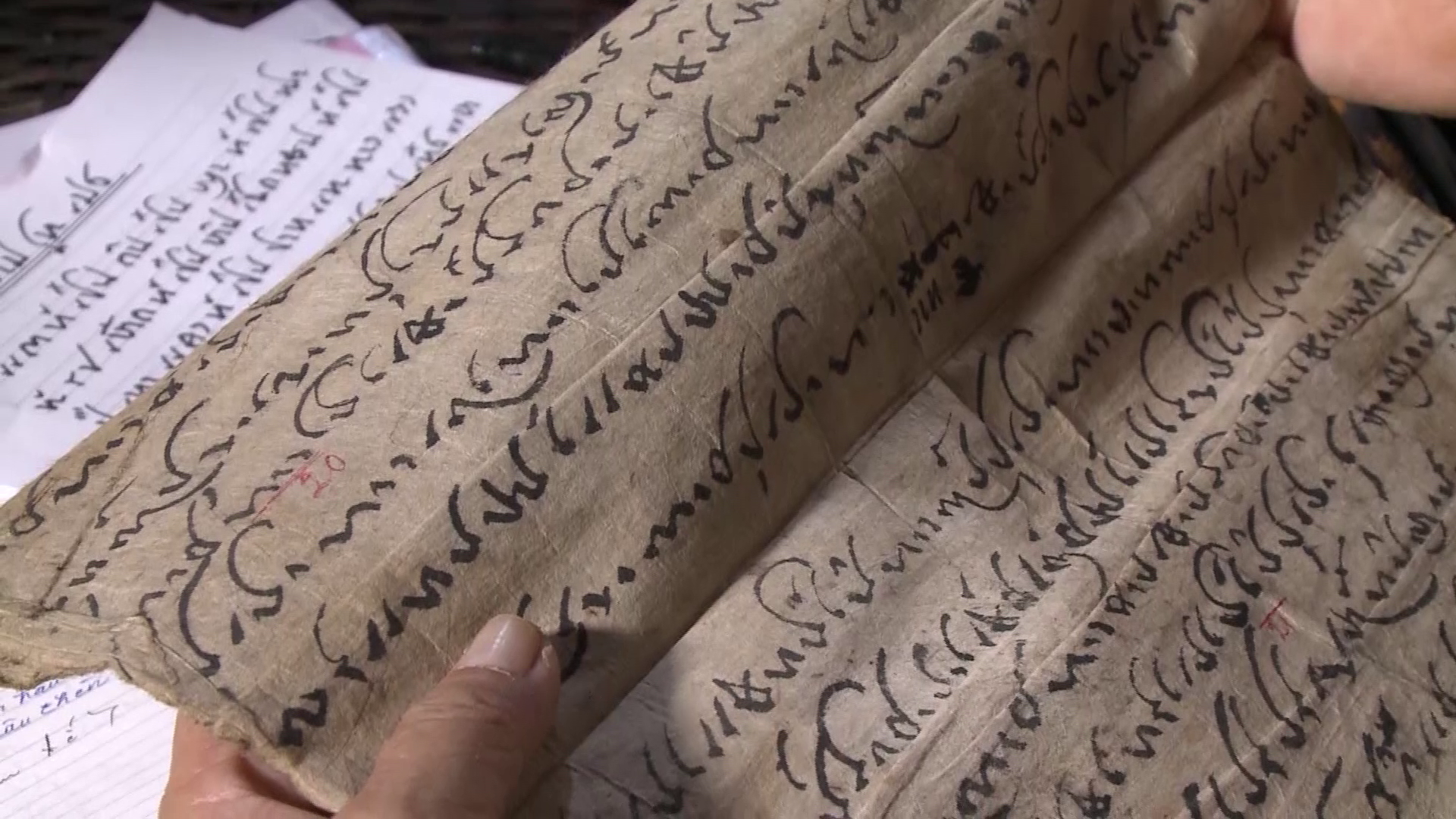

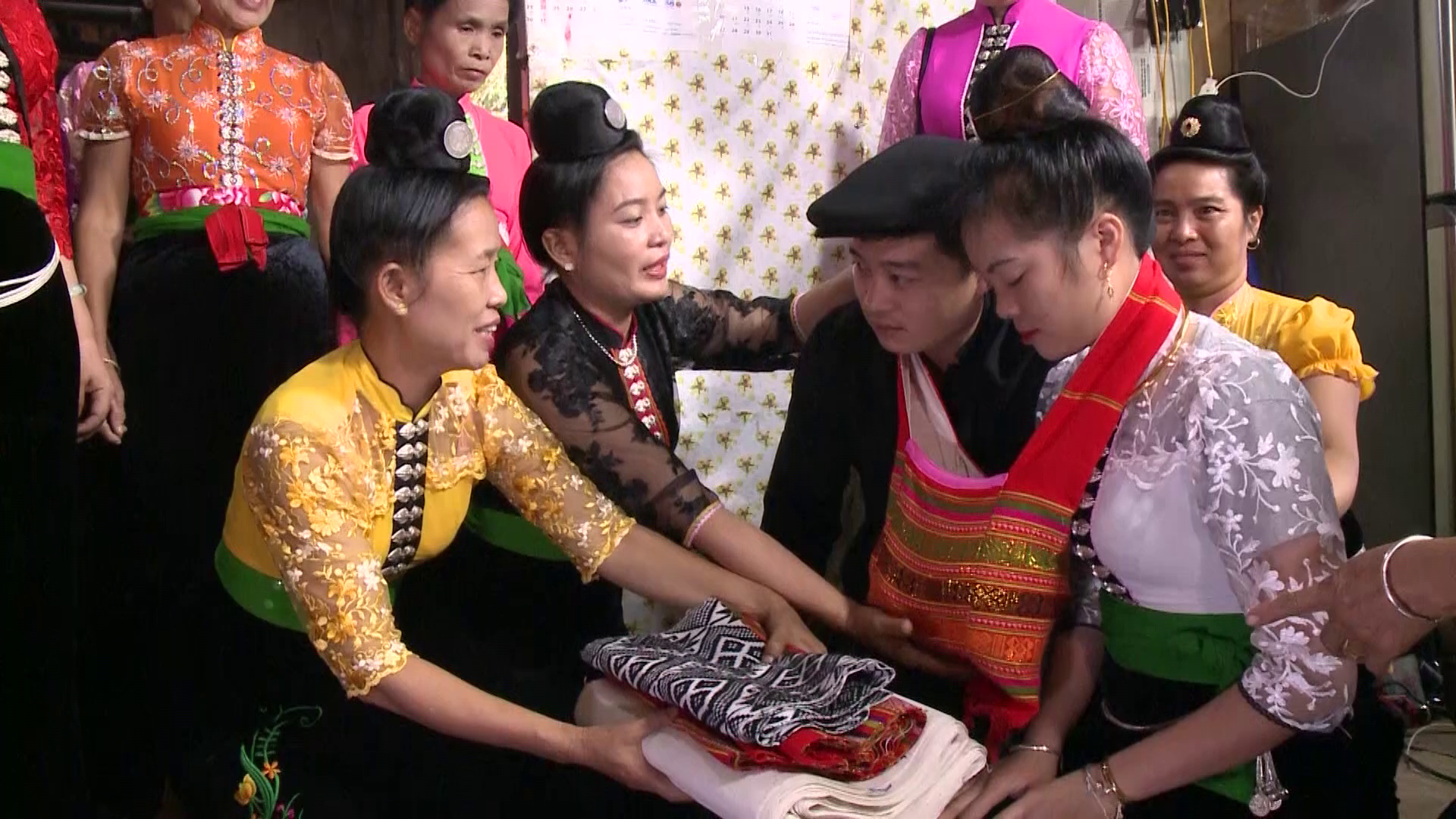

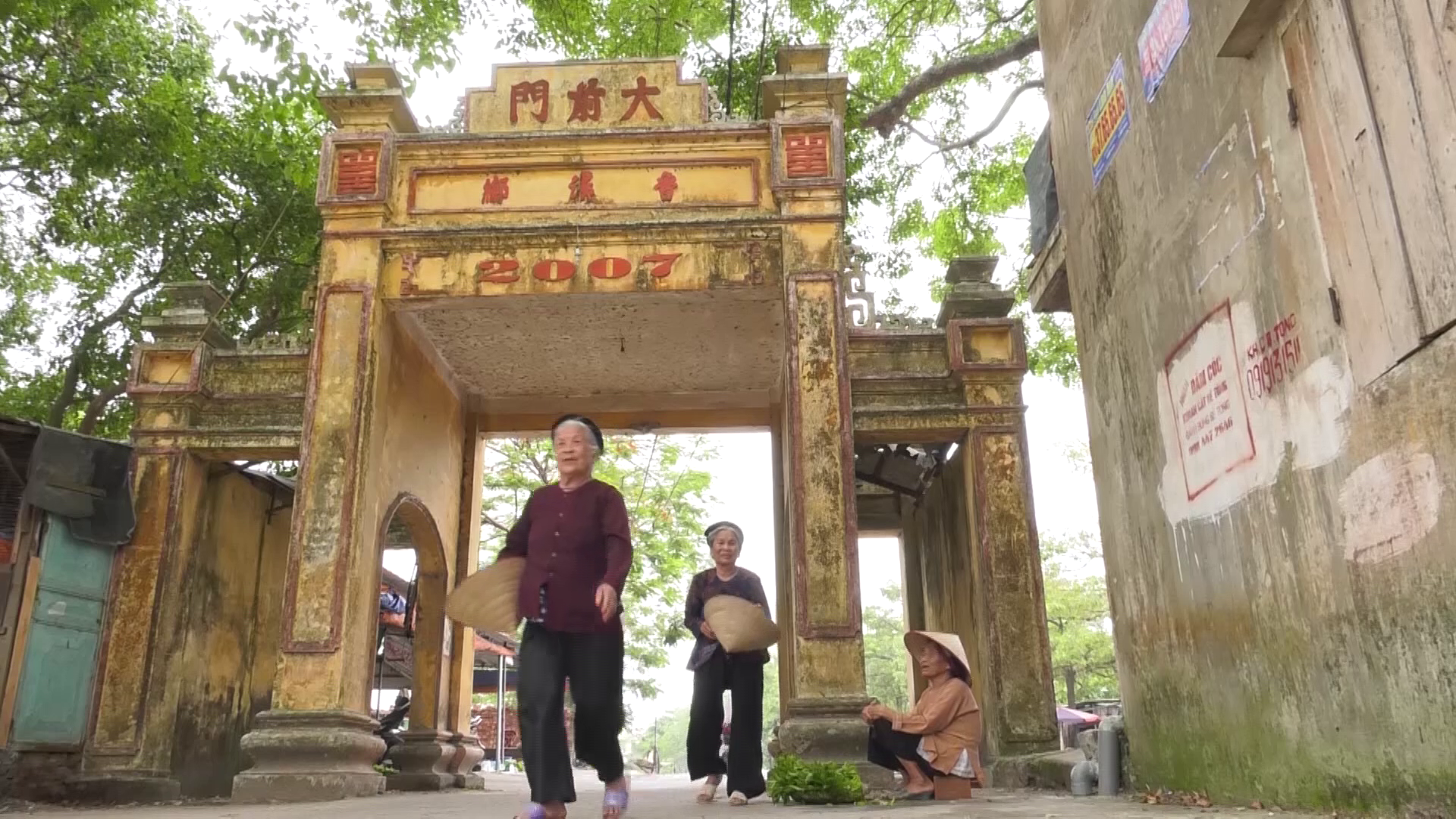

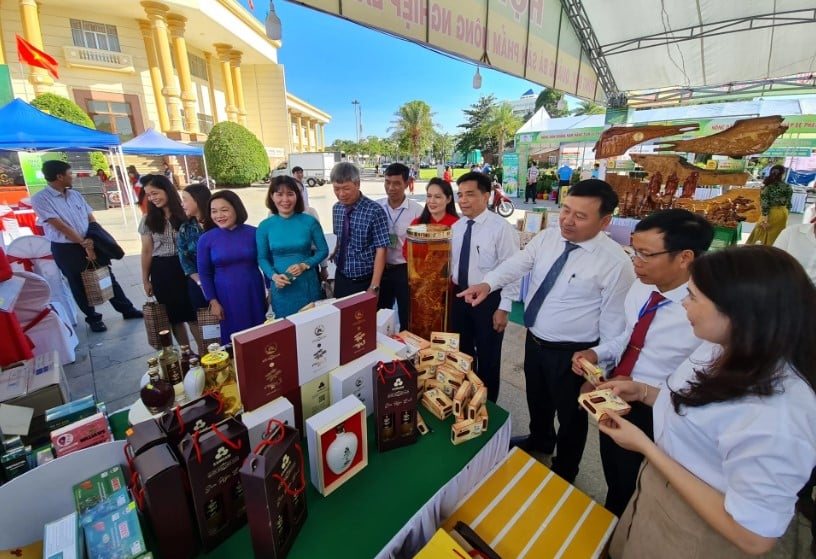



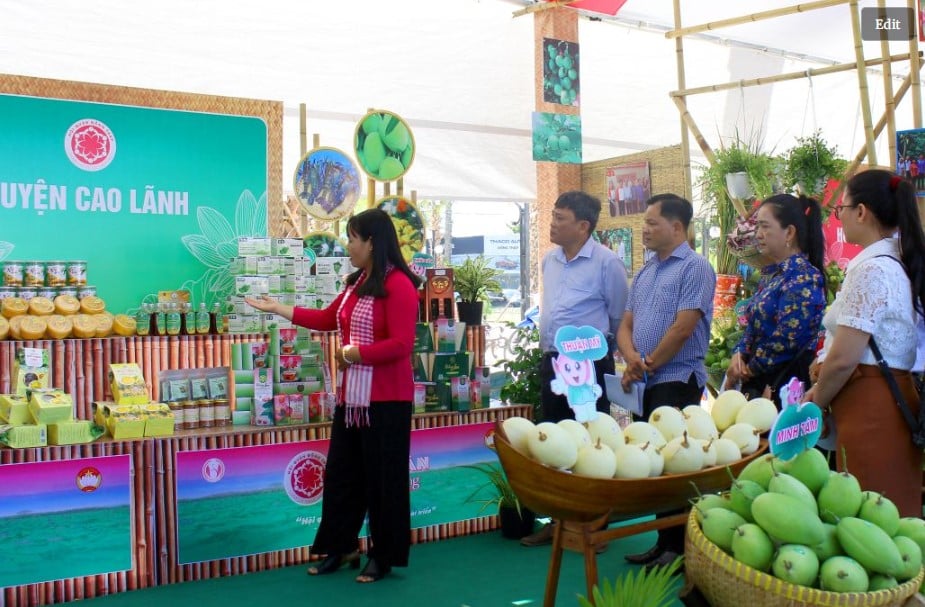
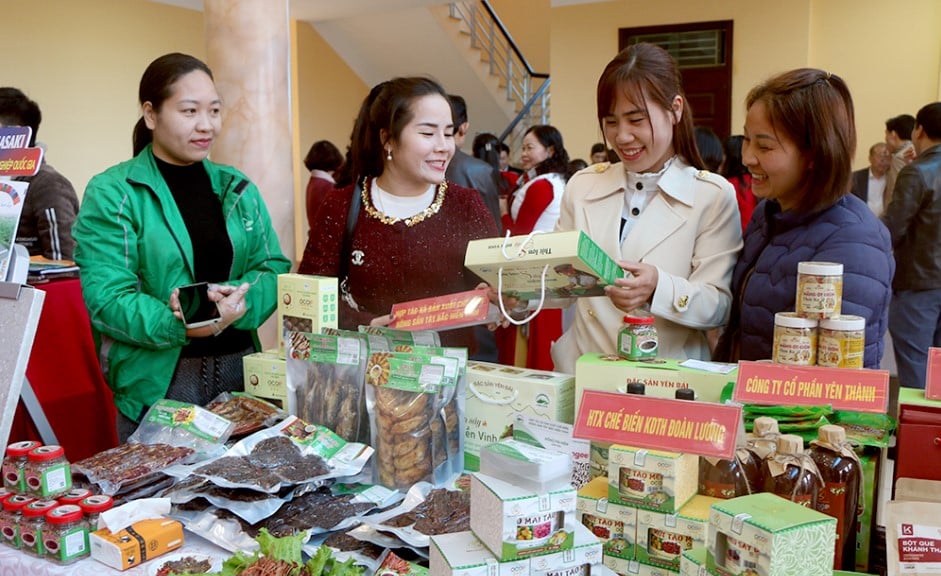
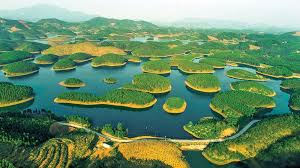


Comment (0)